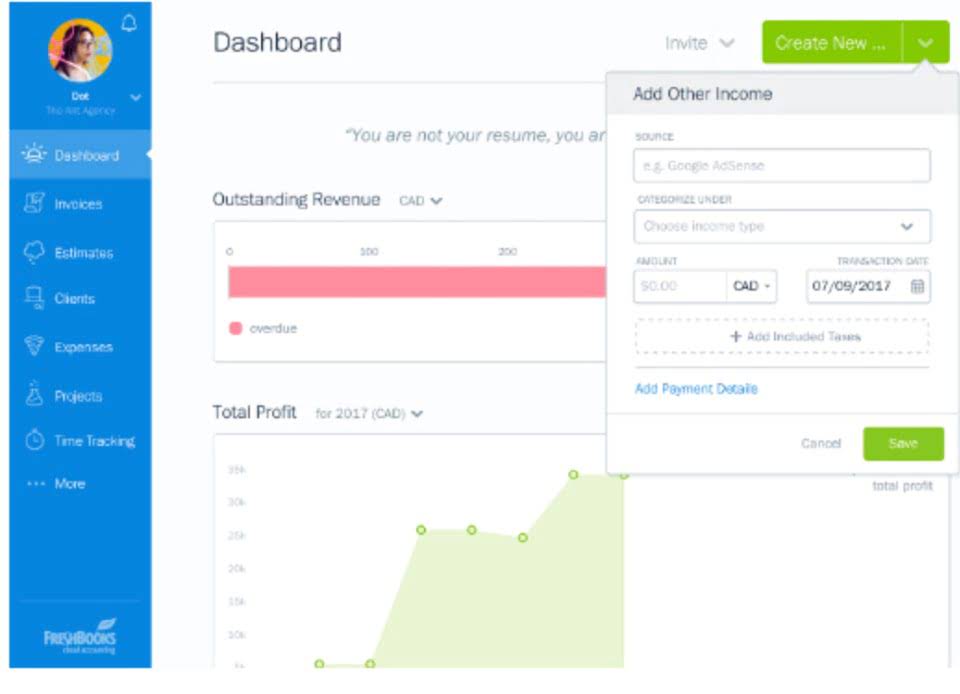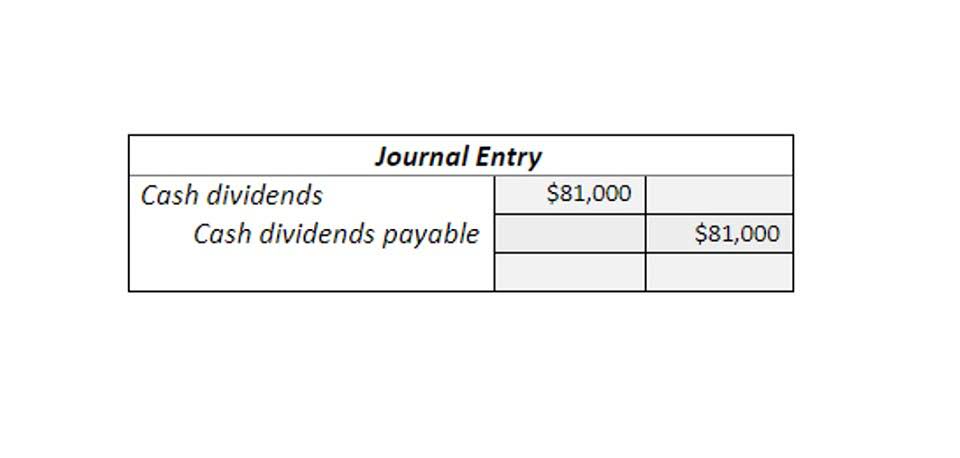
Massachusetts taxes short-term capital gains at a rate of 12%, as detailed in Chapter 62, Section 4. This rate is higher than that for ordinary income and long-term capital gains, reflecting the state’s policy to tax short-term gains more aggressively. Taxpayers calculate net gains by subtracting the cost basis of the asset from the sale price, with the resulting profit taxed at 12%. Proper record-keeping is critical to ensure accurate calculations and prevent errors or disputes. Massachusetts calculates capital gains tax for nonresidents by first determining the total taxable gain from Massachusetts sources and applying the appropriate tax rate. Short-term capital gains are taxed at 12%, while most long-term capital gains are taxed at 5%.
How Do I Protect Myself When Selling A Home?
Short-term gains are taxed as ordinary income, which means they are subject to the same tax rates as regular income, such as that from your job. Those tax rates can range from 10% to 37%, depending on how much you make and your filing status. Massachusetts’s flat tax rate should make filing your state income tax return easy, but residency rules, deductions, and credits can sometimes complicate the process. TurboTax simplifies the process, whether you want to do your taxes yourself or get expert help. Capital gains must be reported on Schedule D Certified Public Accountant (Massachusetts Capital Gains and Losses), detailing transactions involving Massachusetts-based assets.
Does Massachusetts offer any tax benefits for home improvements before sale?
More significant is the benefit to married couples with proper estate planning. Under the previous Massachusetts estate tax, a married couple with $4 million who planned appropriately for the tax would pay $182,000 at the death of the surviving spouse. For personal income tax purposes, for tax years beginning on or after January 1, 2024, Massachusetts generally follows the provisions of the Internal Revenue Code (IRC) as amended and in effect on January 1, 2024. In the case of certain IRC sections, however, Massachusetts specifically adopts the IRC as currently in effect. The information contained herein has been obtained from sources we believe to be reliable but is not guaranteed as to its accuracy or completeness. Please contact us for more complete information based on your personal circumstances and to obtain personal individual investment advice.
Who Has the Highest Taxes in Massachusetts?
Even if someone owns property or conducts business QuickBooks ProAdvisor in Massachusetts, they are not considered a resident unless they maintain a permanent place of abode and spend more than 183 days in the state during the tax year. When reviewing a plan, one should also remember that absent future Congressional action, the federal estate and gift tax applicable exclusion is scheduled to sunset to pre-2018 levels on December 31, 2025. The federal exclusion after that date is projected to be in the $6.8 million range per person after statutory inflation adjustments.

When a nonresident sells Massachusetts real estate, the buyer must withhold 6.25% of the total sale price or the calculated gain, whichever is greater. This withholding acts as a prepayment toward the seller’s state tax liability and must be remitted to the DOR within 30 days of the property transfer. Failure to comply can result in penalties for the buyer, including interest on unpaid amounts and potential liability for the seller’s outstanding tax obligation. Timing can significantly affect the capital gains tax during a home sale in Massachusetts. If you own the property for more than a year, it’s considered a ma income tax rate long-term gain, typically taxed at a lower rate than short-term gains, which apply if sold within a year. Understanding Massachusetts capital gains tax rules will help you strategically plan the timing of your sale.
Differences Between MA and Federal Tax Law for Personal Income
Below, we’ll break down how short-term and long-term calculations work — as well as how our calculator estimates taxes owed on a single asset sold for a profit. Massachusetts keeps things straightforward for its taxpayers with a flat state income tax rate of 5% for most earners. This flat rate means you owe the same percentage regardless of your income. Boston Harbor may be the site of the most famous tax protest in history, but today Bay Staters pay taxes on a lot more than tea. The most significant taxes in Massachusetts are the sales and income taxes, both of which consist of a flat rate paid by residents statewide. While the state sales tax of 6.25% is among the nation’s highest, there are no local sales taxes levied in Massachusetts.
Federal Capital Gains Tax in 2025
Massachusetts’s capital gains tax rate varies based on if the gain is considered short-term or long-term. The tax rate will either be 5% or 8.5%, depending on the type of capital gains. If an individual maintains a home in the state and spends more than half the year there, they are classified as a resident. Nonresidents either live elsewhere and visit Massachusetts for fewer than 183 days or have no permanent residence in the state. This distinction is significant because nonresidents are only taxed on income derived from Massachusetts sources, including capital gains from property or investments tied to the state. Massachusetts has its own estate tax, which applies to any estate above the exclusion amount of $2 million.
- Yes, there is a separate tax rate for capital gains in Massachusetts.
- This rate applies to gains realized from the sale of assets that have been held for more than one year.
- The most significant change in recent years is the introduction of a 4% surtax on income over $1 million.
- Married couples with incomes of $80,000 or less remain in the 0 percent bracket, which is great news.
- The higher your adjusted cost basis, the lower your capital gain when you sell the home.
- Massachusetts has some of the highest cigarette taxes in the nation.
- One of the biggest changes in recent years is the so called “Millionaire’s Tax,” which adds a 4 percent surtax on income over one million dollars.
Are pensions or retirement income taxed in Massachusetts?
The amount below $48,350 won’t be taxed, so she would pay $46,748 in federal capital gains tax on this transaction (15% of every dollar over $48,350). In addition, Jenna would owe Net Investment Income Tax on the gains in excess of $200,000, resulting in another $6,080 of tax, bringing her total federal tax liability to $52,828. Short-term capital gains are taxed as ordinary income according to federal income tax brackets. This guide explores key aspects such as definitions, tax rates, exemptions, filing requirements, and recent legislative developments affecting short-term capital gains in Massachusetts. Massachusetts requires mandatory withholding on certain capital gains realized by nonresidents to ensure tax compliance.


The rates listed below are for 2024, which are taxes you’ll file in 2025. Capital gains from investments, such as stocks, bonds, and mutual funds, are taxable only if connected to a Massachusetts-based business. Unlike real estate, gains from publicly traded securities are not considered Massachusetts-source income unless tied to a partnership, S corporation, or sole proprietorship conducting business in the state. For example, if a nonresident is a partner in a Massachusetts hedge fund that generates capital gains, their share is taxable in Massachusetts. In Massachusetts, joint property owners determine how capital gains taxes are calculated.
- For instance, if you hold stock that increases in value, but you haven’t sold it yet, that is considered an unrealized capital gain.
- She decides to sell her shares in January 2025 at a price of $100 each.
- Selling your primary residence in Massachusetts can offer significant tax benefits.
- The capital gains tax is calculated based on the difference between the selling price of the asset and the donor’s original cost basis, rather than the recipient’s cost basis.2.
SmartAsset’s free tool matches you with up to three vetted financial advisors who serve your area, and you can have a free introductory call with your advisor matches to decide which one you feel is right for you. If you’re ready to find an advisor who can help you achieve your financial goals, get started now. Relocating within Massachusetts may offer tax advantages, particularly if you are moving for work. Some moving expenses could be deductible, reducing your taxable income. Whether you own your own business or work part-time at the coffee shop down the street, the money you make is active income because you are receiving money for something you’re personally doing.

